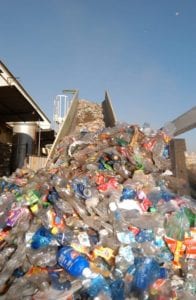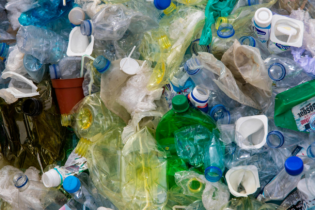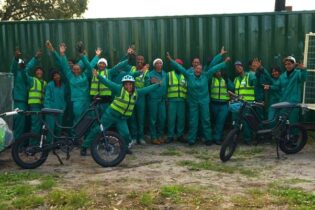As major retailers and brand owners begin to feel the pressure to be more environmentally-conscious, one of the country’s leading food packaging producers has become the first in the PET thermoform plastics sector to join voluntary national Extended Producer Responsibility body the PET Recycling Company (PETCO).
RPC Astrapak Thermopac has become the first in the PET thermoform plastics sector – responsible for products such as lightweight sandwich and fruit trays, which account for just under 20% of PET products nationwide – to sign on with PETCO, which until now has been supported primarily by the PET bottle sector. Although thermoform products are not currently recycled in South Africa – a trend mirrored globally due to their complex make-up – the move by RPC Astrapak Thermopac indicates a shift in producer sentiment towards proactively seeking solutions to ensure the sustainability of their products and minimising any environmental impact.Growing Pressure
According to Professor Linda Godfrey, a researcher with the Council for Scientific and Industrial Research (CSIR) and PETCO board member, “RPC Astrapak Thermopac joining the PETCO voluntary Extended Producer Responsibility [EPR] scheme is the next step towards fulfilling their responsibilities”. “There is growing pressure being exerted on producers and brand owners globally, by governments and civil society, to take responsibility for their products at end of life.”Research conducted by the CSIR shows that every year, South Africa loses R3.3-billion worth of viable polymer from the economy, through disposal of waste plastic to landfill or leakage into the environment, said Godfrey.
“A lot has been done to develop local end-use markets for PET bottles, resulting in a 65% post-consumer recycling rate in 2017. However, until now, PET thermoform has not been recycled in South Africa. “RPC Astrapak Thermopac joining PETCO is a necessary and exciting step towards creating new local end-use markets for PET thermoform recycling; of supporting greater return of this resource into the South African economy, thereby creating new job opportunities; and ultimately, reducing the leakage of these products into the environment.”






